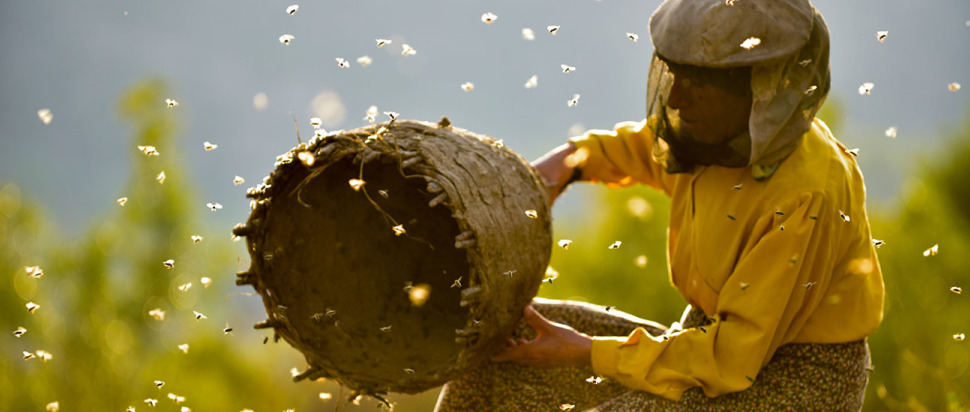Document Human Rights Film Festival: 2019 preview
The annual human rights film festival is back for its 17th edition with a mouthwatering lineup that includes the new film from Ai Weiwei and opens with a performance from Ted Hughes-winner Jay Bernard
Today sees four days of inventive, thought-provoking, boundary-pushing cinema kick off in Glasgow, as Document Human Rights Film Festival returns to CCA for its 17th edition. Over the weekend the festival will explore, among other issues, the rights and struggles of indigenous people, the state of Europe as seen from the margins, and responses to our environmental crisis.
Rather unconventionally, the festivities begin tonight with a performance piece from Scottish poet and filmmaker Jay Bernard. Titled Surge, we’re told the piece blends poetry and archive film to trace a through-line from the New Cross fire – a disaster in south-east London in 1981 that claimed 13 black lives – through Thatcherism and the National Front to Grenfell and Theresa May.
One of the biggest gets for Document this year is the latest film from Chinese icon of resistance Ai Weiwei. Essentially a follow-up to his epic, continent-spanning refugee crisis documentary Human Flow, new film The Rest takes a more intimate approach to the subject, focusing on several refugees as they attempt to find a new home where they will be accepted as asylum seekers. “It depicts the impossibility of being accepted by European society,” is Weiwei's short summary.
Another must-attend looks to be documentary Lisbon Beat, a lively celebration of Lisbon’s vibrant African-Portuguese music scene. The Guardian’s Peter Bradshaw called it a film “about identity, with many of the participants hassled over visa and residency issues, but also about creativity, hedonism and fun.” The film’s director, Rita Maia, will be in town and will be DJing at a club night at Stereo following the screening along with Príncipe Disco artist DJ Firmeza.
Brazilian artist Ana Vaz will also be in town for a special reading/screening around her upcoming debut feature film, The Voyage Out, which concerns both the toxic disaster at Fukushima in Japan and a new island that has emerged in the Ogasawara archipelago in the south of the country two years after the disaster. We’re told the project “stages, in a dreamlike and experimental form, the sensitive imaginary of these two places, and the way in which they compose a world crossed by the spectre of destruction and renewal.”
Other highlights look to be the European premiere of Chilean film Haydee and the Flying Fish, a doc in which the eponymous Haydee finds herself literally and metaphorically healing from the scars of the Pinochet regime in Chile (a women-led discussion on representations of trauma in cinema follows the screening); Elke Margarete Lehrenkrauss’s Lovemobil, in which the rights and lives of migrant sex workers are explored; Tamara Kotevska and Ljubo Stefanov's Honeyland, about a woman tending wild beehives, whose quiet life is disturbed by new neighbours; Carlos Casas’ cine-poem Cemetery, which follows an elephant on its final journey; and Ian McDonald’s Who is Europe?, which looks at division in Europe by literally splitting the screen to explore cultural contrasts and posing questions around who ‘belongs’ and how the past affects the present (McDonald will be on hand to discuss the topic after the screening).
Document comes to a close on Sunday with the European premiere of Fifth Cinema, Vietnamese artist Nguyen Trinh Thi's meditation on colonialism and indigeneity, asking where the limitations of cinematic representation lie.
Document runs 24 - 27 Oct at CCA Glasgow; full details at www.documentfilmfestival.org
